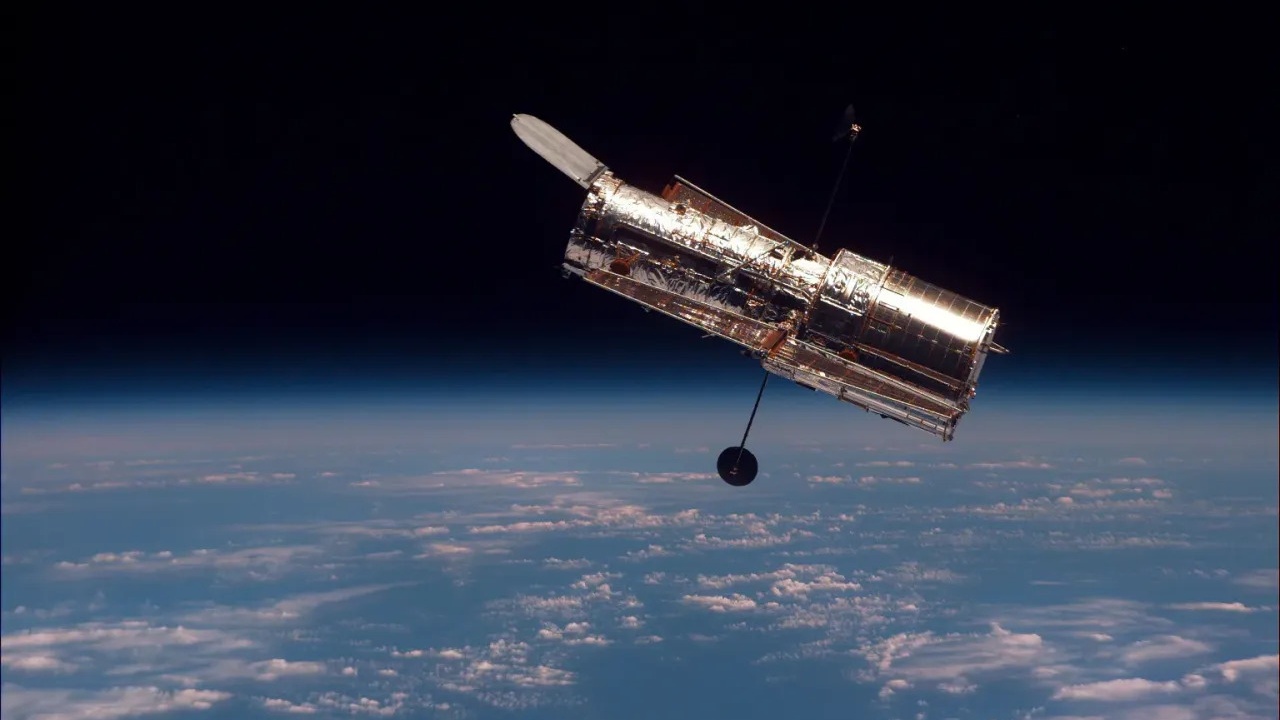
Following a string of setbacks concerning one of its directional instruments, the Hubble Space Telescope will get back to its job of capturing deep space images soon enough, NASA says.
It all began on Nov. 19, when one of the iconic observatory's three gyroscopes (a trio that live on from an original set of six) began providing faulty readings. In general, gyroscopes are devices that use either circulating beams of light or rapidly spinning wheels to help scientists make sure an object is facing the direction they want it to face. Incorrect gyroscope readings on the Hubble Telescope, as you might imagine, can therefore drastically affect science measurements. To image a specific spot in deep space with this Earth-orbiting telescope, you'd have to make sure it's actually facing that spot in deep space.
Thus, Hubble entered safe mode on Nov. 19 — something that's programmed to happen automatically when certain issues arise with the observatory. The team, however, was able to bring it back online the following day. But things weren't looking good shortly after, when gyro issues sent Hubble into yet another safe mode situation on Nov. 21. The team brought Hubble back once more shortly after that, only for the beloved telescope to retreat into its dark corner once again on Nov. 23.
Related: Hubble Telescope revisits gorgeous spiral galaxy, offering a newly filtered view (photo)
That most recent safe mode entrance was slightly worrying as it persisted for longer than the previous two dips. It wasn't too worrying though because, first of all, this isn't the first time Hubble's gyros have raised issues leading to a shutdown. And secondly, maybe most importantly, the observatory can actually function with only one gyroscope. The team just uses three because it maximizes efficiency.
But perhaps all of this is moot at this point, because as of Dec. 7, NASA confirmed that it plans on restoring Hubble for science operations once more. With all three gyros too!
"Based on the performance observed during the tests, the team has decided to operate the gyros in a higher-precision mode during science observations. Hubble’s instruments and the observatory itself remain stable and in good health," NASA officials wrote in a statement.
Though it's been over three decades since Hubble began exploring the vibrant reaches of our universe — and though a new observatory in town has been catching most of the spotlight recently — this Reynolds-wrap-looking telescope is surely not finished yet.







